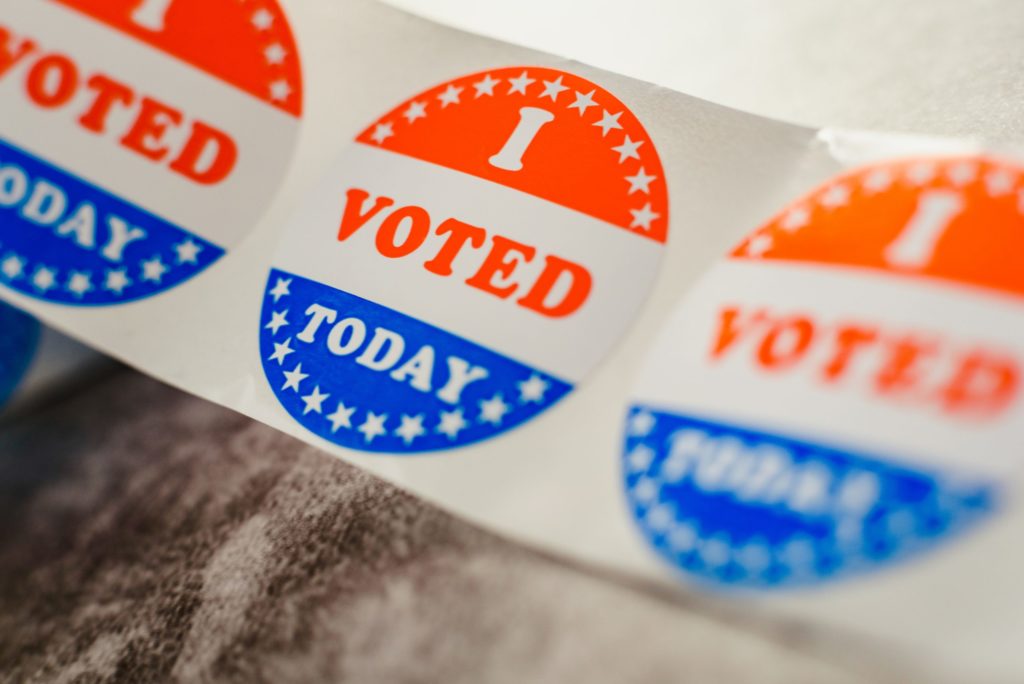Michigan House could vote this week on auto insurance reforms
For a brief moment early this year, social media made James Robertson an international celebrity. The story of the 56–year-old Detroit man whose commute involved both an arduous bus ride and walking 21 miles every day inspired an online fundraising campaign that in short order raised more than $350,000.
The funds allowed Robertson to buy a new 2015 Ford Taurus. But perhaps more importantly, they’ll take care of what, for many Michiganders, is the single-highest cost associated with owning a car: auto insurance.
Thanks in large part to the state’s unique personal injury protection system, which requires insurers provide unlimited lifetime medical benefits for auto accidents, Michigan consistently ranks among the top five states in the nation for high auto insurance. In recent years the average price for car insurance in Michigan has been more than $2,000 per year, reaching as high as $10,000 in Detroit.
Those astronomical costs have contributed significantly to uninsured rates of 17 percent statewide and 60 percent in Detroit. Combined with a massive insurance fraud problem — Secretary of State Ruth Johnson estimates fraud costs Michigan drivers more than $220 million a year – and you’ve got the recipe for one of the most dysfunctional insurance markets in the country.
But after years of fits and starts, real reform may actually finally be on the verge of reality for Michigan. We noted back on April 17 that the state Senate successfully pushed through a bill that includes a number of ideas we at R Street have been promoting for years: creation of a fraud bureau; payment reforms; and an overhaul of the state-run Michigan Catastrophic Claims Association.
Now, it’s the House of Representatives’ turn, with action expected this week. Following seven hours of hearings held over a three-day period, the House Insurance Committee voted 9-to-6 late last week to approve its amended version of S.B. 248. Unlike the Senate bill, which would calculate appropriate medical charges based on the average of fees paid by private health insurers, the House version includes an explicit fee schedule for medical providers, allowing them to charge auto insurers no more than 150 percent of the rates they currently charge Medicare.
A more problematic tweak is a requirement that, for two years, Michigan auto insurers must roll back rates by $100 per-driver. This was a brazenly political move made to smooth over some of the expected backlash from those who say the bill doesn’t do enough to address rate. Insurance Committee Chairman Tom Leonard, R-DeWitt, bragged that the rollback will save the state’s 7 million drivers some $700 million annually.
But it also will be particularly problematic in a state whose auto insurance market, as we showed in our 2014 Insurance Regulation Report Card, has averaged a loss ratio of 122.8 over the last five years. That means Michigan auto insurers regularly pay out nearly a quarter more in claims and claims adjustment expenses than they collect in premiums.
Not only does that mean there has been no profit, but there haven’t been enough premiums even to pay such basic expenses as agent commissions. Michigan’s five-year loss ratio was a whopping six standard deviations above the mean of the 50 states and nearly double the 69.0 ratio of the next-highest state, Oklahoma.
The House bill is also structured to avoid the potential of a public referendum to block the changes. The bill includes a $150,000 appropriation, specifically because state law prohibits the public from voting on appropriations measures. This may not be the most democratic of provisions, but it’s also not an idle concern. Earlier reform efforts have twice been scuttled by such referenda.
Nonetheless, the trade-off might be one Michigan insurers are willing to take for the chance at serious long-term reforms, which include creating an industry-funded fraud bureau (based on one that has been successful in Pennsylvania) to tackle a problem of rampant suspicious claims and a restructuring of the MCCA from a reinsurer to a writer of mandatory excess coverage. The latter shift will help clear up what has long been one of the biggest’s balance sheet risks for the state’s insurance industry – the potential that the authority might not be able to make good on all of its obligations.
And whatever its failings, the bill certainly would be better than an alternative plan by Detroit Mayor Mike Duggan to create a city-run insurance company.
We’re going to start our own insurance company that we call D-Insurance… It’s going to take us a while, but we’re starting the process this summer and we’re going to keep going until we give people an affordable car insurance option.
It’s fitting that would be the name of the company, which Duggan also plans to roll out as a more formal proposal this week, as “D” is the grade Michigan earned in our 2014 report card. Even if the reform plan now under consideration in the House deserves no better than a B-, that’s still a marked improvement.





